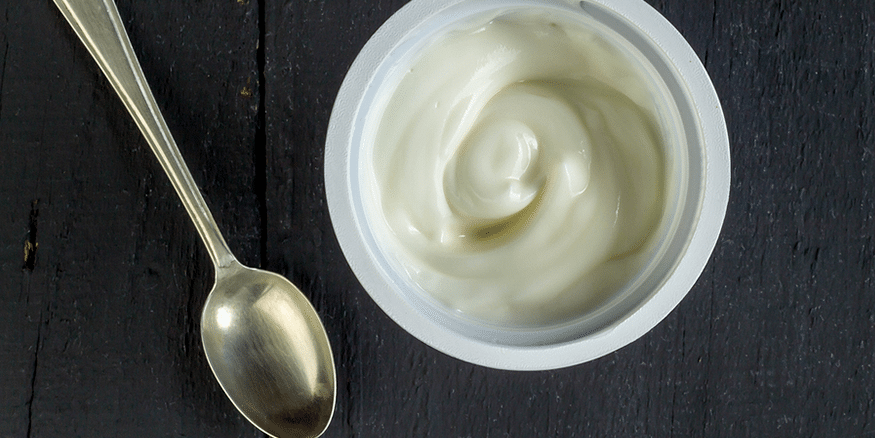
Lawsuit Settled: Dannon1 Yogurt Didn’t Measure Up to Its Claims
The $35 million US Activia® settlement is the largest-ever for a lawsuit alleging false advertising of a food product.
In September 2009, Dannon settled a massive consumer class action suit in the US challenging that ads for certain brands of its yogurt overstate their claimed health benefits. The settlement will give out up to $35 million US to affected American customers.
A California consumer filed the class-action suit against The Dannon Company alleging the company’s claims that its probiotic yogurt offers clinically and scientifically-proven health benefits were false and seeking compensation for US customers who purchased the products based on the marketing campaign. It further asked that Dannon launch a new advertising campaign to correct the record.
“Deceptive advertising has enabled Dannon to sell hundreds of millions of dollars worth of ordinary yogurt at inflated prices to responsible, health conscious consumers,” claimed the lead attorney handling the case, when it was filed in 2008 by Coughlin Stoia Geller Rudman & Robbins LLP.
The lawsuit alleges that Dannon’s clinical studies didn’t support marketing claims suggesting DanActive®, Activia® Light, and Activia® yogurt products had been proven to regulate one’s digestive system. The suit says the company charged 30% more for its probiotic yogurt and spent more than $100 million US in advertising to persuade consumers of the product’s benefits.
The suit alleged that ads of both Activia® and DanActive® yogurt exaggerated their beneficial effects on human health. The ads promoting the yogurt as improving digestion have become well known for their goofiness and contain a voiceover claiming that Activia® is “clinically proven to help regulate your digestive system in two weeks” if eaten everyday.
The ads credit Bifidus Regularis, a Dannon-created name for bacteria found in mammals’ large intestines, with their products’ positive effects on digestion. This is the same bacterium that is marketed in Canada under the proprietary name of B.L. Regularis and in the UK as Bifidus Digestivum. The scientifically-correct name of the bacteria is Bifidobacterium animalis DN-173 010. Several companies have attempted to trademark specific subspecies and, as a marketing technique, rename the subspecies with scientific-sounding names that might trigger consumer comfort.
As part of the settlement, Dannon agreed to make changes to its ad campaign to bring it in line with the product’s actual benefits (or lack thereof). Dannon will change the wording on the Activia® yogurt products. The company also promised to make changes to the yogurt’s labels and packaging. It will now say that the Activia® yogurt will help to regulate your digestive system if you take it for 2 weeks and also participate in a healthy lifestyle. They will remove the statement that says that it has a positive effect on the immune system.
However, it’s still unclear how much of the ad content will change. As with most commercials, certain claims might be misleading while still technically true. For example, one of the ads in question stated that, “87% of this country (US) suffers from digestive issues,” although true, this figure includes those who experience occasional heartburn or stomach aches, unrelated to any potential benefit from the product.
In the settlement, which still requires final approval from an Ohio federal court, Dannon denied wrongdoing and said it was agreeing to settle only to “avoid the uncertainty and expense of further litigation.”
1. Editor’s note: The name for this company in Canada is Danone, but we use the American name in this report since the Canadian company was not part of this lawsuit.

